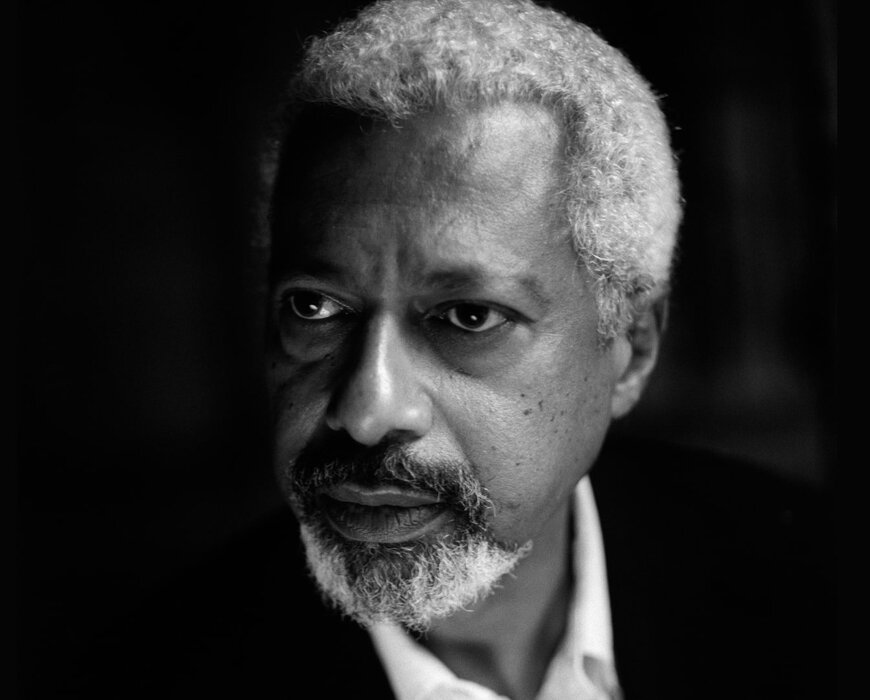Thu, March 14, 2024 at 1:00 PM
CONFERENCE: ABDULRAZAK GURNAH AND GERMAN COLONIALISM
Lectures
Pierre Boulez Saal - Mozart Auditorium
Abdulrazak Gurnah’s novels Paradise (1994) and Afterlives (2020) are amongst the few literary engagements with German colonialism of the late 19th and early 20th century that were written by non-German authors. Gurnah’s Nobel Prize in Literature 2021 put Afterlives and its treatment of German colonialism in the limelight. This conference explores the place and portrayal of German colonialism in Gurnah’s work and its potential to stir and reconfigure memories of a past that continues to shape people and politics. German colonialism may have been relatively short-lived, but, as Gurnah’s aptly titled novel Afterlives suggests, it reverberated long after its official end throughout Tanzania, other parts of Africa, and Germany. Trauma, genocide, ambitions of ‘recolonisation’ by Nazi Germany, and postwar migration reach far beyond the treaty of Versailles.
Gurnah’s novels are arguably as much about ways to remember and the difficulty of gaining access to and processing traumatic memories as they are invitations to immerse oneself in the past and see it through the eyes of people whose versions of events have frequently been discredited, drowned out, or ignored. We seek to adopt the long historical view invoked by Gurnah’s work to trace some of the connections across time and place. In particular, the conference will explore Gurnah’s novels in the context of German ‘Vergangenheitsbewältigung’ and multidirectional memory, the role of German missions and of the mechanism of implication, as well as the significance of ‘travelling objects’ and the ambiguous figure of the Askari for remembering the colonial past in and of East Africa and Germany.
The conference will conclude with a panel discussion, in which novelist Maaza Mengiste and historian Felicity Jensz will discuss difficulties of accessing colonial archives and the potential, or indeed necessity, of photographs and fiction to help tell histories otherwise muted or literally locked up. Maaza Mengiste will also read from her novel The Shadow King, which was short-listed for the 2020 Booker Prize.
Presented by the Barenboim-Said Akademie in cooperation with Humboldt Universität Berlin
Organization: Prof. Dr. Kai Wiegandt (BSA) and Prof. Dr. Lukas Lammers (HUB)
Presented in English
Program
PROGRAM
13:00 Welcome (Mozart Auditorium)
13:15 – 14:00 Florian Stadtler: “Writing back to Empire: ‘Vergangenheitsbewältigung’ and German colonialism in Abdulrazak Gurnah's fiction”
14:00 – 14:30 Coffee Break
14:30 – 15:15 Lukas Lammers: “Afterlives and Multidirectional Memory”
15:15 – 16:00 Felicity Jensz: “German Missions in Afterlives and in German Colonialism”
16:00 – 16:30 Coffee Break
16:30 – 17:15 Kai Wiegandt: “Implication in Gurnah’s Novels About German Colonialism”
17:15 – 18:00 Keyvan Allahyari: “The Empire’s Human-Thing: Moving Matters Under German Colonisation in Abdulrazak Gurnah’s Fiction”
